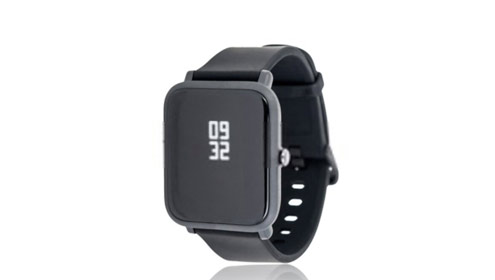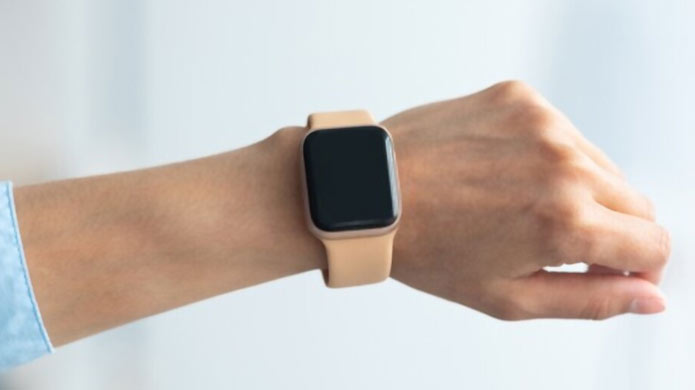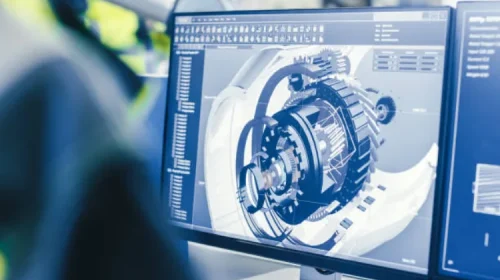One of the most common reasons for people to buy a smartwatch is to reduce their risk of falling and dementia. These wearable devices have a range of benefits, including an exercise tracker, medication reminders, GPS tracking and pedometer. Here are a few of the more useful features:
Exercise helps lower the risk of dementia and falls

While there are many proven benefits of exercise for the body, the latest research has been focusing on its effects on the brain. Physical activity strengthens the brain’s synapses, which allow signals to travel from one neuron to another. Regular exercise may help protect the brain from dementia. It may also increase overall brain functioning. While the current research is preliminary, further studies will be needed to find a definitive conclusion.
In one study, researchers studied the health behaviors of over 2,000 men in Wales for 35 years. They evaluated five different health behaviors, including physical activity and alcohol intake. People who followed four or five of these behaviours had the lowest risk of developing dementia. The findings were similar for women. A smartwatch worn by the study participant reduced the risk of developing dementia by 45 percent. A smartwatch that measures exercise is an excellent way to monitor one’s progress and monitor progress.
Medication reminders
The smartwatch is a useful tool for both time-related tasks and medication reminders. Many older adults and those with visual impairments find this feature especially helpful. With the help of a medication reminder app, these individuals can stay on top of their schedule and take their medication on time. The benefits of smartwatch medication reminders are only as good as their ability to help you manage your prescriptions, continue to read here.
The smartwatch is easy to use and comes with an app that allows users to program a reminder. In addition, users can customize their notifications by setting the “window” in which they want them to appear. When it comes to medication reminders, patients can choose to receive three alerts in that window, with the first alert at the beginning, middle, and end of the window. This app also has features to track blood pressure and glucose levels, and it will even give you answers to basic health questions.
Pedometer
A pedometer benefits of using a smartwatch include the accuracy of the data. The accuracy of pedometers varies based on the software used and the type of device. Traditional pedometers count the number of steps taken over a given period of time. Modern pedometers are more advanced and include other features such as heart rate measurement, calories burned, and the number of hours you stand still.
A smartwatch with a built-in pedometer is a great option for people who have a lot of exercise goals or just want to track their steps. These devices can be more convenient than wearing a smartphone while you’re working out. Most models feature a heart rate monitor and a pedometer, so you can keep track of your activity without having to stop to check it. Some smartwatches also offer voice support so you can communicate with people thousands of miles away.
GPS tracking
The accuracy of GPS tracking on smartwatches varies based on the make and model. OEMs use different GPS sensors and receivers. The accuracy of a fitness band or smartwatch depends on the number of GPS satellites it uses to determine its position in the Earth’s orbit. Another factor is interference – things such as tall buildings and trees can interfere with GPS signals. Also, if your smartwatch does not have a GPS antenna, it won’t be able to determine your exact location.
Conclusion:
GPS on a watch isn’t necessary for routine fitness, but it’s great for athletes or those who want detailed performance metrics. While a phone’s GPS can measure distance, it’s not capable of reporting advanced GPS-rated metrics like heart rate or elevation training. If you are an avid runner, a GPS smartwatch could be a great purchase. These devices are also great for tracking your performance in real time.




